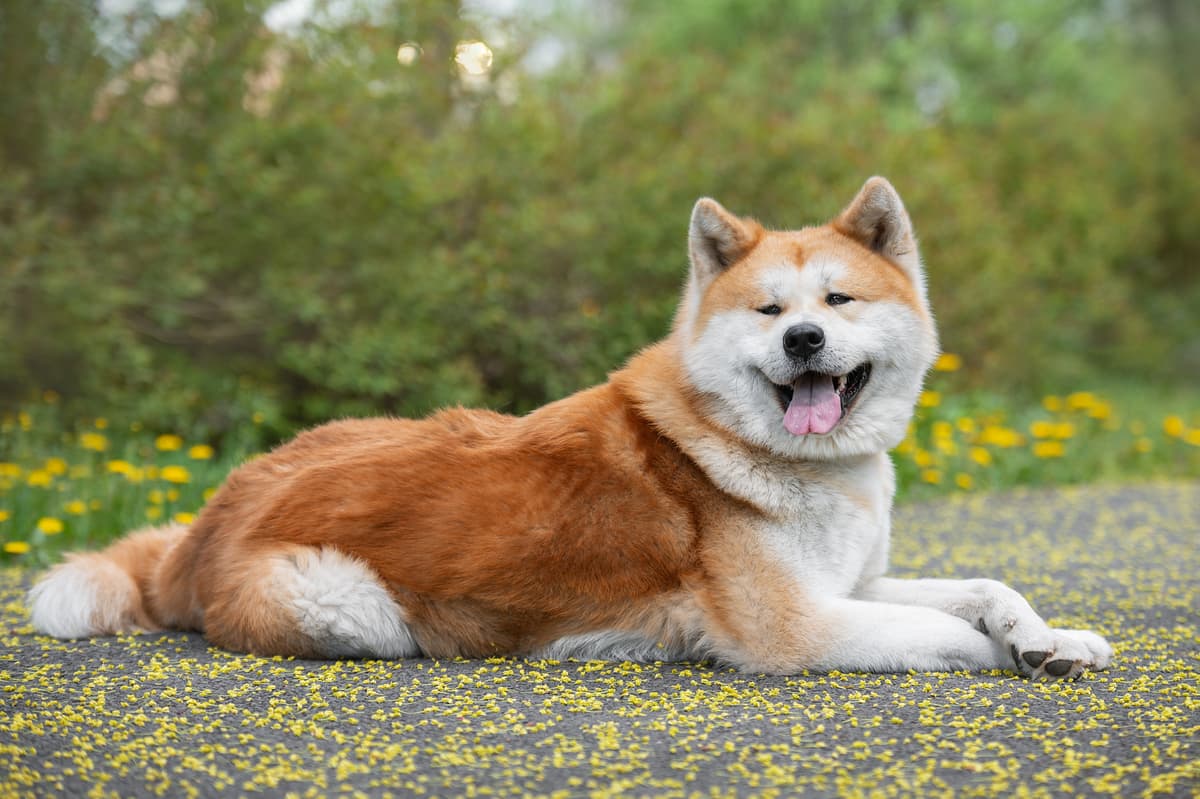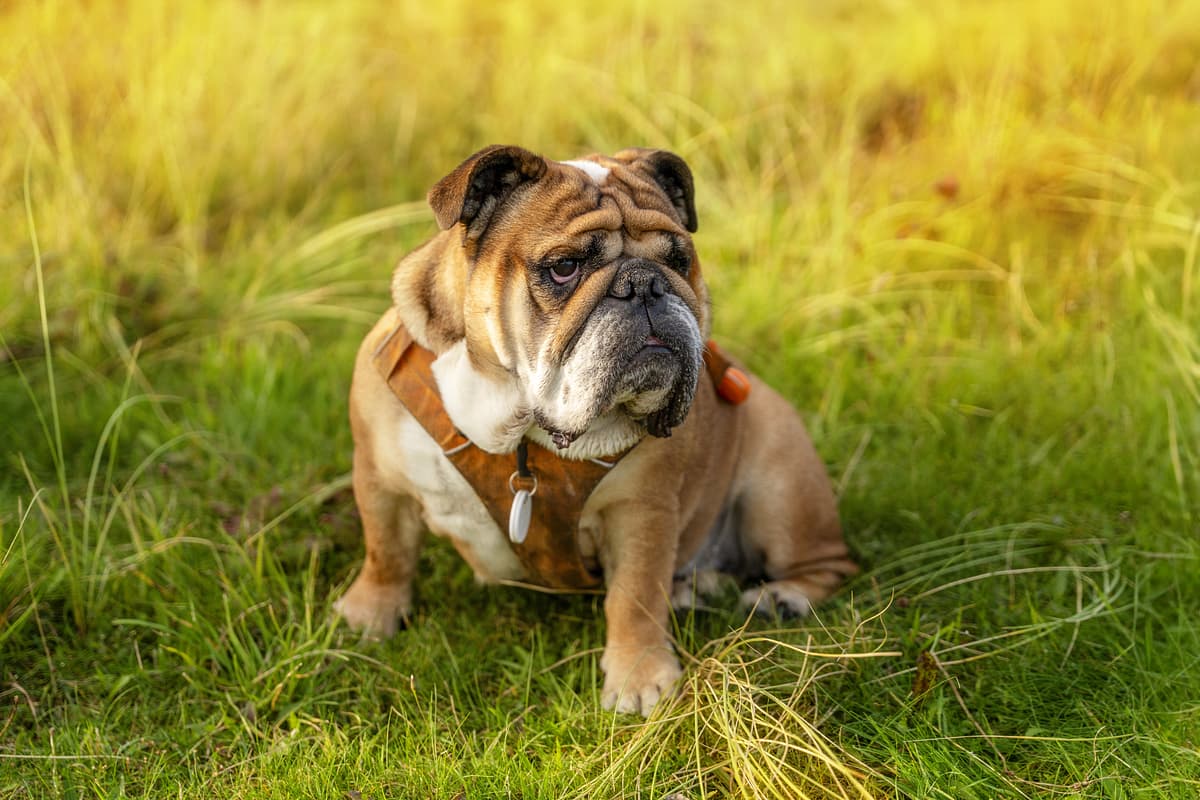Akita vs English Bulldog
Discover the differences between Akita and English Bulldog to make the best choice for your situation.
Try different breeds

Akita
Loyal, courageous, and dignified, this breed forms deep bonds with family and is known for its protective instincts. Reserved with strangers, Akitas excel as devoted guardians and companions.

English Bulldog
Stocky, courageous, and affectionate, this breed charms with its wrinkled face and calm nature. Loyal and gentle, it thrives as a loving family companion.
Quick comparison
Large
45–59 kg
Double coat, dense undercoat
10–13 years
32–45 kg
Moderately active
Medium
23–25 kg
Short, smooth
8–10 years
18–23 kg
Low activity needs
Personality & behavior
Compare the personality traits and behavioral characteristics of both breeds.
Akita
Reserved, often aloof with strangers and guests
Quick learner, responds well to training
Moderate activity needs, enjoys daily walks
Not highly playful, prefers calm environments
Adjusts to routine, less flexible with change
English Bulldog
Affectionate and gentle with family and children
Learns basic commands with some patience
Prefers lounging over vigorous physical activity
Enjoys play but tires fairly quickly
Adjusts well to most living environments
Care needs
Exercise, grooming, and daily care requirements
Akita
Hip dysplasia, autoimmune disorders
English Bulldog
Brachycephalic syndrome, skin fold infections
Suitability
How well each breed fits different living situations and families
Akita
Challenging for beginners
Akitas are strong-willed and require experienced, confident handling and early training.
Not ideal
Akitas need space and can be vocal, making them unsuitable for most apartments.
Good companion
They enjoy regular exercise but are content with moderate activity levels.
Needs supervision
Akitas can be intolerant of rough handling from small children and need close supervision.
Not recommended
They may show aggression or dominance toward other pets, especially of the same sex.
Poor fit
Akitas do not tolerate being left alone for long periods and may develop behavioral issues.
English Bulldog
Good option
Easygoing, low-maintenance nature suits owners with limited dog experience
Excellent fit
Moderate exercise needs and calm demeanor work well in small living spaces
Not ideal
Low stamina and breathing issues make them unsuited for high-activity lifestyles
Very suitable
Gentle, patient, and tolerant with young children when properly socialized
Usually compatible
Generally sociable but may need guidance with other pets, especially dogs
Not recommended
They struggle with long periods alone and are prone to separation anxiety
Breed strengths
What each breed excels at and their best qualities
Akita
- Loyal and protective of family
- Strong, muscular build for guard work
- Generally quiet and rarely barks unnecessarily
- Thick double coat provides weather resistance
- Intelligent and quick to learn basic commands
English Bulldog
- Affectionate with family members
- Generally good with children
- Low exercise requirements
- Minimal grooming needs
- Adaptable to apartment living
Challenges & considerations
Potential challenges and considerations for each breed
Akita
- Can be aggressive toward unfamiliar dogs
- Needs early, consistent socialization and training
- High prey drive may target smaller animals
- Prone to possessiveness over food or toys
- Sheds heavily and requires regular grooming
English Bulldog
- Prone to respiratory problems
- High risk of overheating
- Susceptible to skin infections
- Can be stubborn during training
- Tends to drool frequently
Ready to choose your perfect breed?
Learn more about each breed or compare other breeds to find the perfect match for your lifestyle.
Discover more helpful tools
Make use of our other free tools to get the most out of your pet experience
